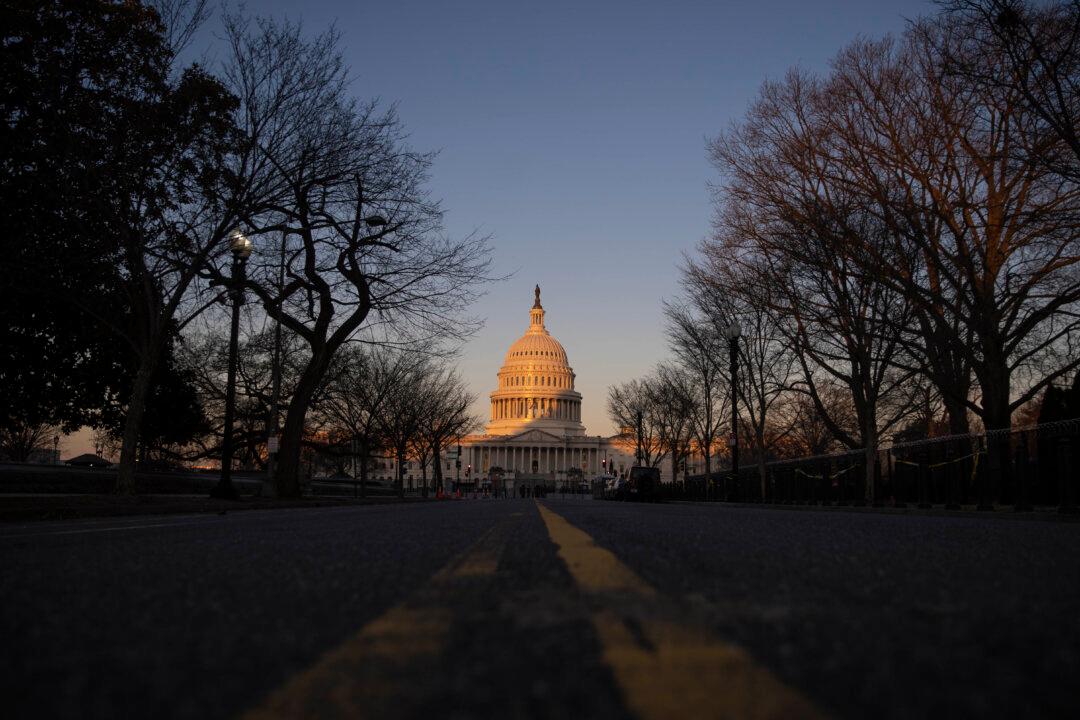Ron Coleman, an attorney who was on the legal team for former President Donald Trump’s campaign in Pennsylvania, said in a recent interview that lawyers who back conservative causes face blowback in their professions.
In a conversation with investor Adam Townsend, released on Feb. 25, Coleman said that the backlash that lawyers face for representing right-of-center causes and clients is leading to a “flattening of mores” where “outrage theater” prevails in pet areas of liberal concern but meaningful outrage is discouraged in complicated issues like someone wrongly accused of being a white supremacist.





